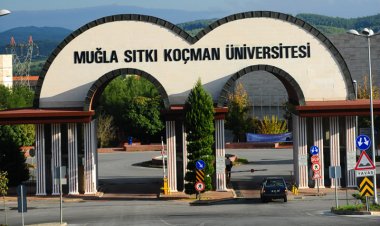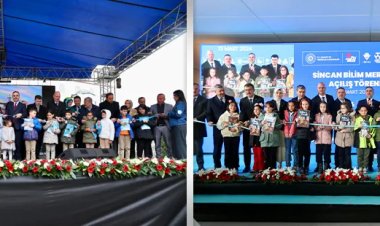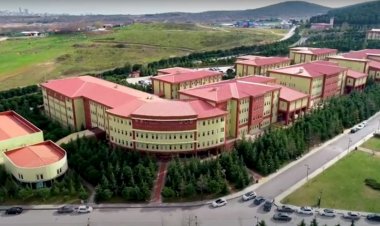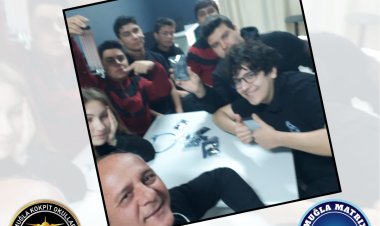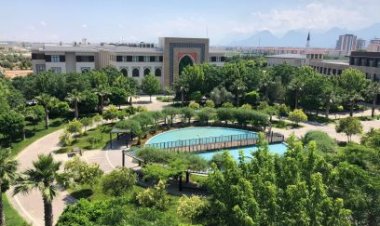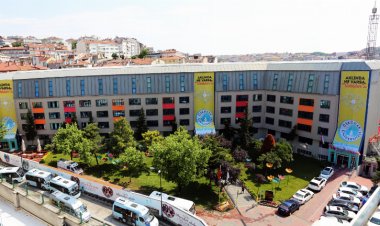Dozens of Student Teams Worldwide to Compete in NASA Rover Challenge
NASA has selected 72 student teams to begin an engineering design challenge to build human-powered rovers that will compete next April at the U.S. Space & Rocket Center in Huntsville, Alabama, near the agency’s Marshall Space Flight Center. Celebrating its 30th anniversary in 2024, the Human Exploration Rover Challenge tasks high school, college, and university

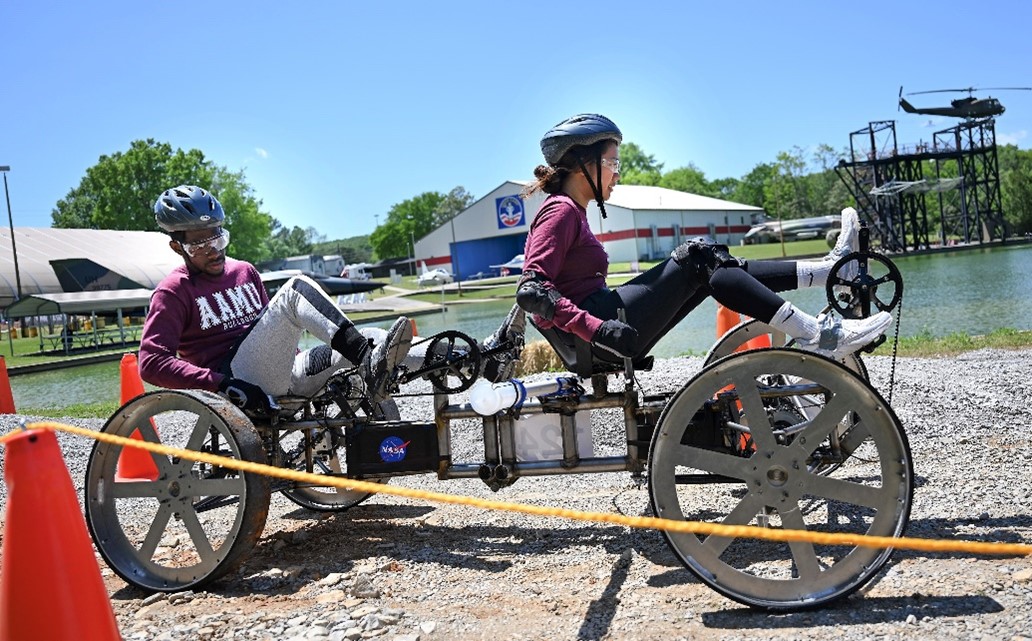
NASA has selected 72 student teams to begin an engineering design challenge to build human-powered rovers that will compete next April at the U.S. Space & Rocket Center in Huntsville, Alabama, near the agency’s Marshall Space Flight Center.
Celebrating its 30th anniversary in 2024, the Human Exploration Rover Challenge tasks high school, college, and university students to design, build, and test lightweight, human-powered rovers on an obstacle course simulating lunar and Martian terrain, all while completing mission-focused science tasks.
Participating teams represent 42 colleges and universities and 30 high schools from 24 states, the District of Columbia, Puerto Rico, and 13 other nations from around the world. NASA’s handbook has complete proposal guidelines and task challenges.
“Throughout this authentic learning challenge, NASA encourages students to improve their understanding of collaboration, inquiry, and problem-solving strategies,” said Vemitra Alexander, rover challenge activity lead, Office of STEM Engagement at NASA Marshall. “Improving these critical real-world skills will benefit our students throughout their academic and professional careers.”
Throughout the nine-month challenge, students will complete design and safety reviews to mirror the process used by NASA engineers and scientists. The agency also incorporates vehicle weight and size requirements encouraging students to consider lightweight construction materials and stowage efficiency to be replicate similar payload restrictions of NASA launch operations.
Teams earn points throughout the year by successfully completing design reviews and fabricating a rover capable of meeting all criteria while completing course obstacles and mission tasks. The teams with the highest number of points accumulated throughout the project year will win their respective divisions. The challenge will conclude with an event April 19 and April 20, 2024, at the U.S. Rocket and Space Center.
This competition is one of nine Artemis Student Challenges and reflects the goals of NASA’s Artemis program, which includes landing the first woman and first person of color on the Moon. It is managed by NASA’s Southeast Regional Office of STEM Engagement at Marshall. NASA uses challenges and competitions to further the agency’s goal of encouraging students to pursue degrees and careers in science, technology, engineering, and mathematics.
For more information about the challenge, visit:
https://www.nasa.gov/roverchallenge/home/index.html
-end-
News Media Contacts
Claire O’Shea
Headquarters, Washington
202-358-1600
claire.a.oshea@nasa.gov
Christopher Blair
Marshall Space Flight Center, Huntsville, Ala.
256-544-0034
christopher.e.blair@nasa.gov

 Bilgi
Bilgi 






